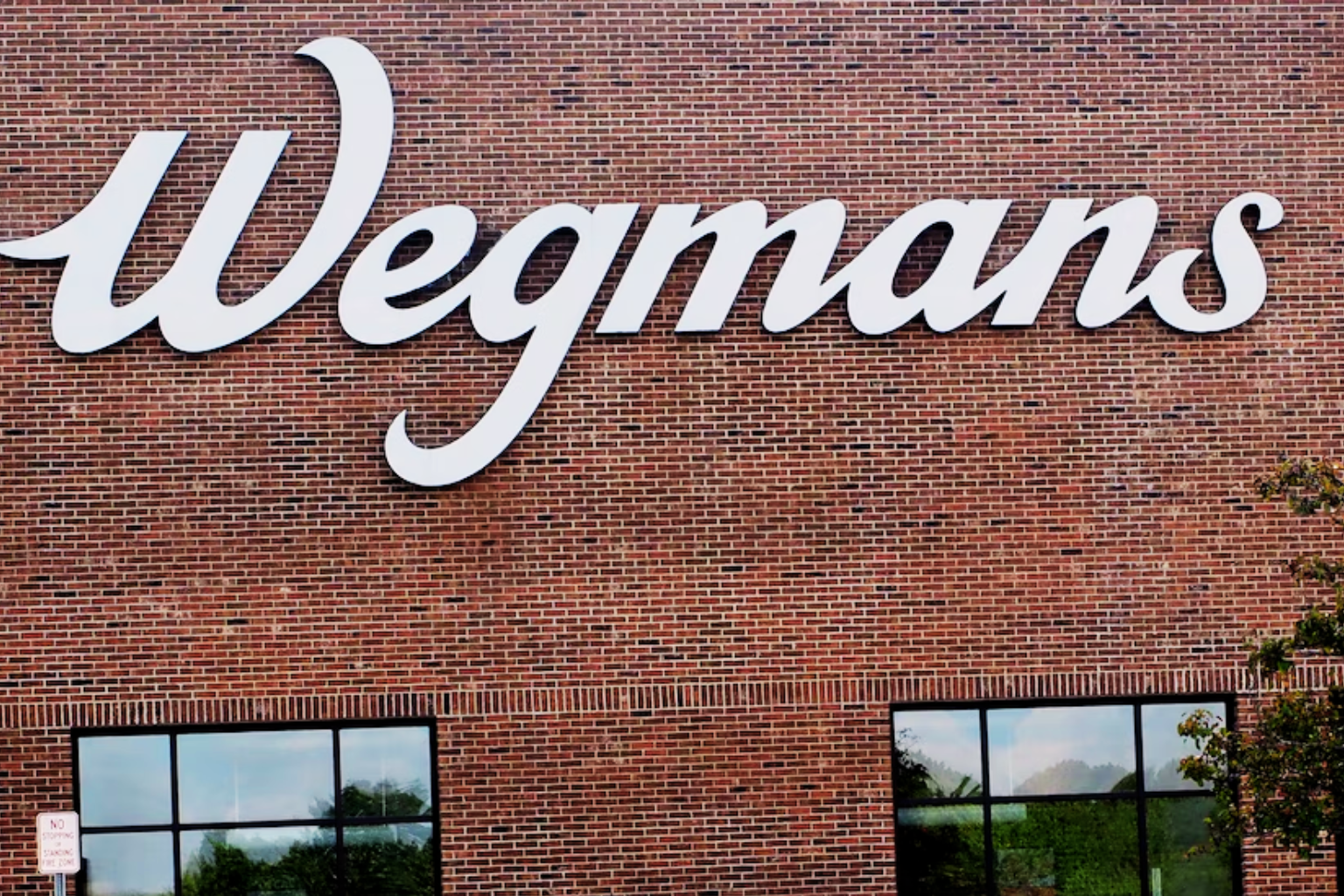Health Care Costs Set to Surge in New Jersey Amid Budget Turmoil

As federal spending teeters and political divides in Washington grow, New Jersey consumers’ health care premiums may rise sharply. The delays in funding crucial legislation are affecting hospitals, clinics, and individual insurance coverage.
Federal appropriations stalemate is the main issue. Health care subsidies, especially for low-income people, delay or shut down when budget windows end without agreement. In order to balance their books, insurers and health providers may pass on expenses to patients. That implies increased premiums, greater out-of-pocket payments, and fewer covered services.
Many New Jersey households have modest finances and depend on government health care assistance. Threatening these supports increases the burden. New Jersey hospitals, struggling with rising labor, supply, and pharmaceutical expenses, may have little authority to negotiate price hikes. These pressures lead to surprise charging or higher deductibles for end users.
Policy uncertainty contributes to the strain. Health care directors cannot plan clearly without financing. They may cancel expansion or delay renovations, affecting service quality and access. In the worst event, smaller clinics may close, leaving vulnerable people without local options. There are lengthier travel times, overcrowded ERs, and less preventative treatment.
The situation is exacerbated by government partisan deadlock. Delays can have serious effects when one party delays funds. Patients are feeling the effects, despite political bluster. Taxation, spending priorities, and government size arguments generally occur away from patients’ bedsides, yet they end up in their monthly statements.
This is especially galling because many policy choices are avoidable. Thoughtful compromise could maintain health care stability without disrupting finances. However, both parties’ entrenched viewpoints have hindered progress. Democratic politicians in New Jersey warn that residents may be facing rising health expenditures. Republican leadership claims its priorities control overspending and waste.
Initial symptoms may include higher co-pays, prescription fees, or fewer covered therapies for regular people. Over time, increases and service losses may push many near affordability. Rising health expenditures add personal stress to people already struggling with economic uncertainties.
All New Jersey elected officials must anticipate and mitigate these repercussions. They should promote open budgeting, health funding line protection, and bipartisan care continuity agreements. Otherwise, many families may lose access to decent health care due to political winds.
In sum, if lawmakers do nothing, citizens will pay for their decisions, converting health care from a universal entitlement into a risky gamble.
Sources
NJ Advance Media




